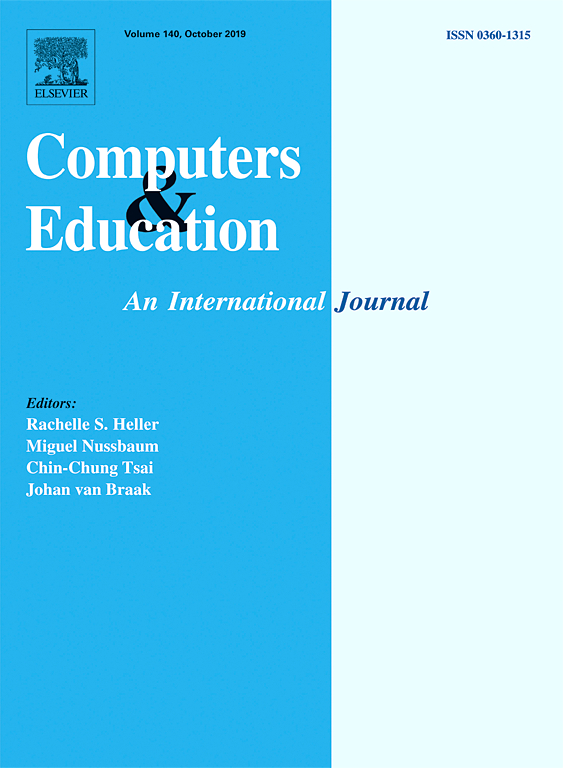
Schmid, R. F., Bernard, R. M., Borokhovski, E., Tamim, R. M., Abrami, P. C., Surkes, M. A., & Woods, J. (2014). The effects of technology use in postsecondary education: A meta-analysis of classroom applications. Computers & Education, 72, 271-291.
Abstract
This meta-analysis is a study of the experimental literature of technology use in postsecondary education from 1990 up to 2010 exclusive of studies of online or distance education previously reviewed by Bernard et al. (2004). It reports the overall weighted average effects of technology use on achievement and attitude outcomes and explores moderator variables in an attempt to explain how technology treatments lead to positive or negative effects. Out of an initial pool of 11,957 study abstracts, 1105 were chosen for analysis, yielding 879 achievement and 181 attitude effect sizes after pre-experimental designs and studies with obvious methodological confounds were removed. The random effects weighted average effect size for achievement was g+ = 0.27, k = 879, p < .05, and for attitude outcomes it was g+ = 0.20, k = 181, p < .05. The collection of achievement outcomes was divided into two sub-collections, according to the amount of technology integration in the control condition. These were no technology in the control condition (k = 479) and some technology in the control condition (k = 400). Random effects multiple meta-regression analysis was run on each sub-collection revealing three significant predictors (subject matter, degree of difference in technology use between the treatment and the control and pedagogical uses of technology). The set of predictors for each sub-collection was both significant and homogeneous. Differences were found among the levels of all three moderators, but particularly in favor of cognitive support applications. There were no significant predictors for attitude outcomes.
Annotation
The use of educational technologies for teaching and learning is extensive. Their impacts (both positive and negative) have been analyzed, however, there are limited meta-analyses that attempt to examine the breadth of technologies available for a variety of subjects. This meta-analysis examines the pedagogical uses of technology in the traditional and blended learning classroom, exclusive of distance and online learning, and attempts to bring together in broad strokes issues of the effects of teacher and learner use of a range of technologies currently in service of achievement and attitude outcomes. The results illustrate that an overall weighted average effect size for achievement and attitude were significant, meaning, the use of educational technologies are generally favourable in supporting cognitive processes and learning when he students are active and engaged. Furthermore, it is important to ensure alignment in that their integration supports the achievement of reaching learning outcomes. Further research is required to better understand how to design effective cognitive support tools with technology and when exactly is best to implement them.
Leave a Reply